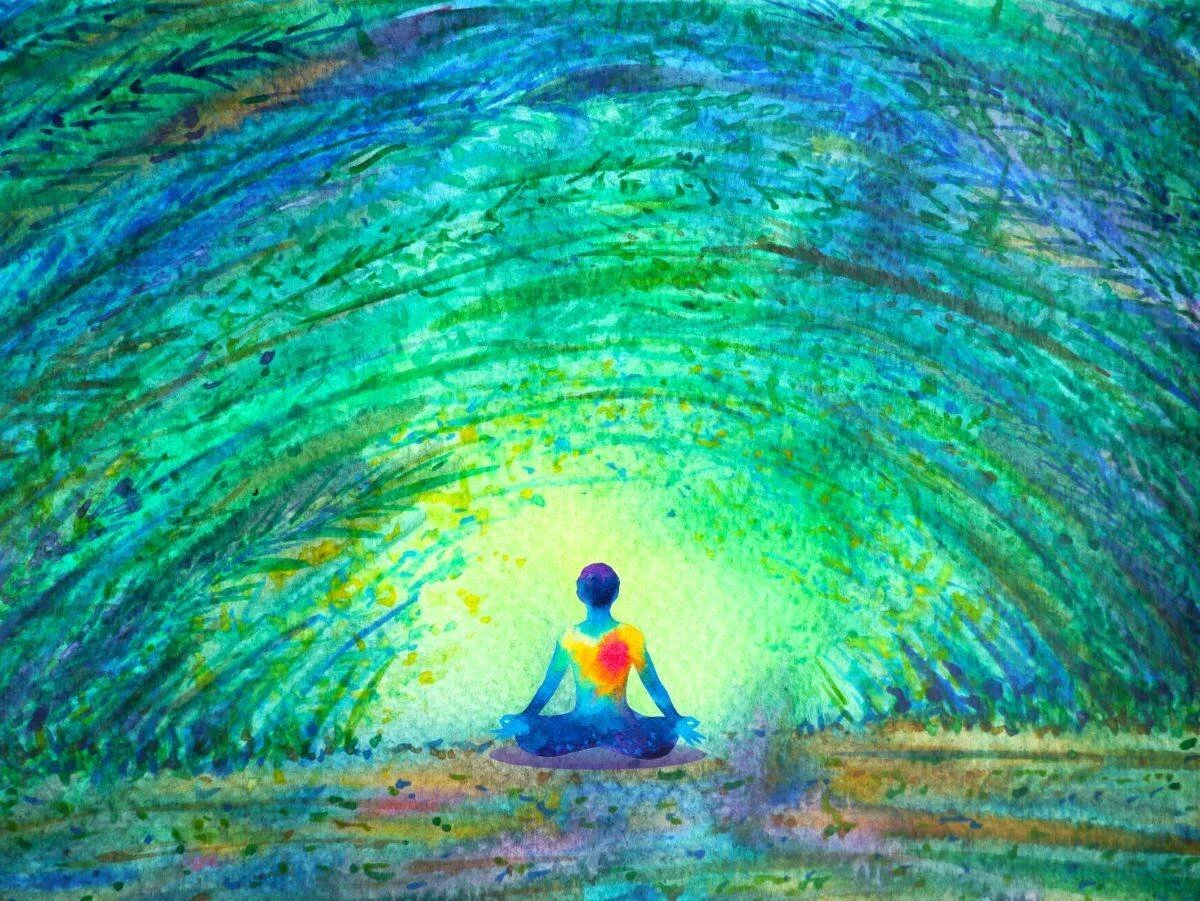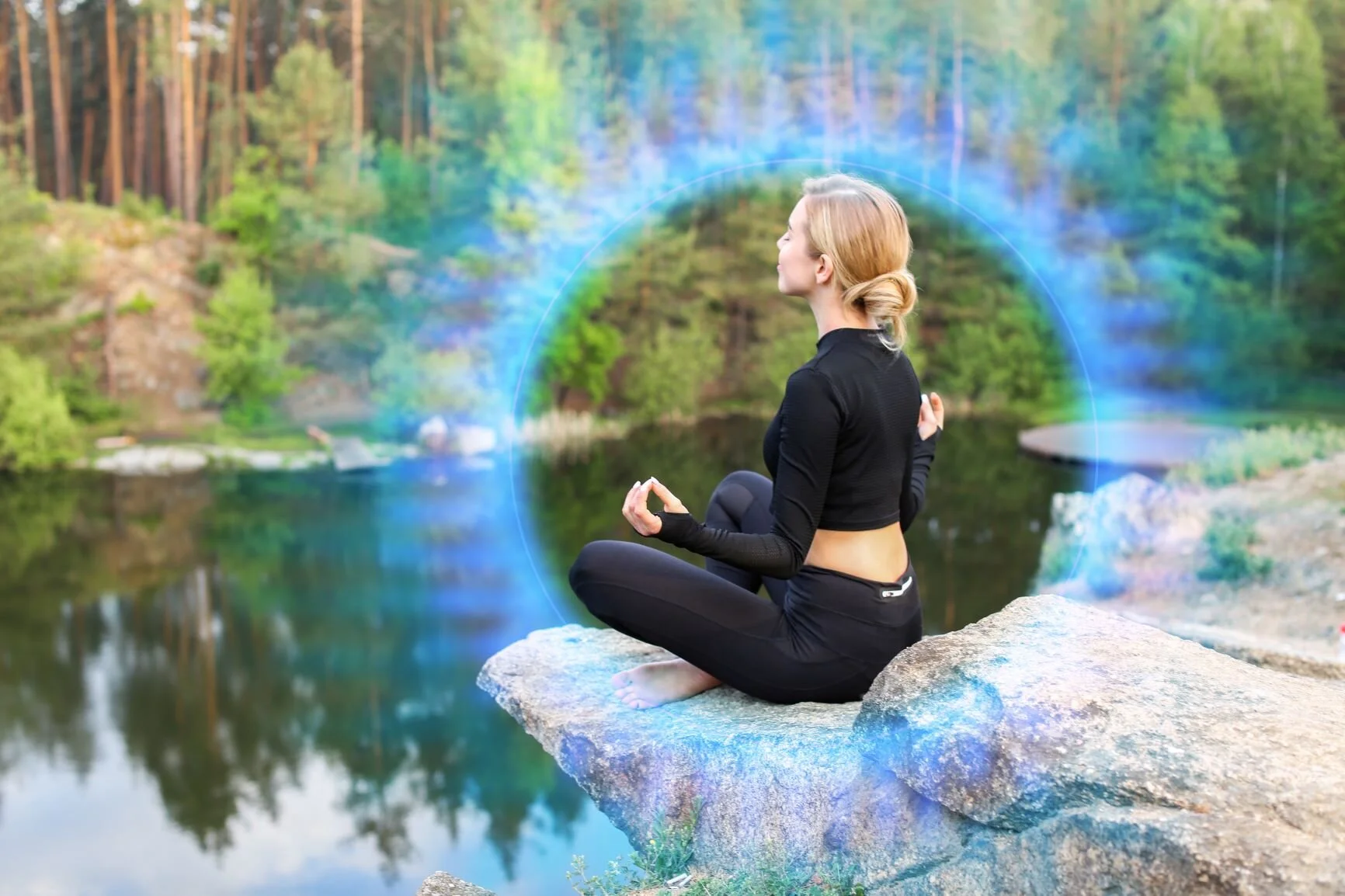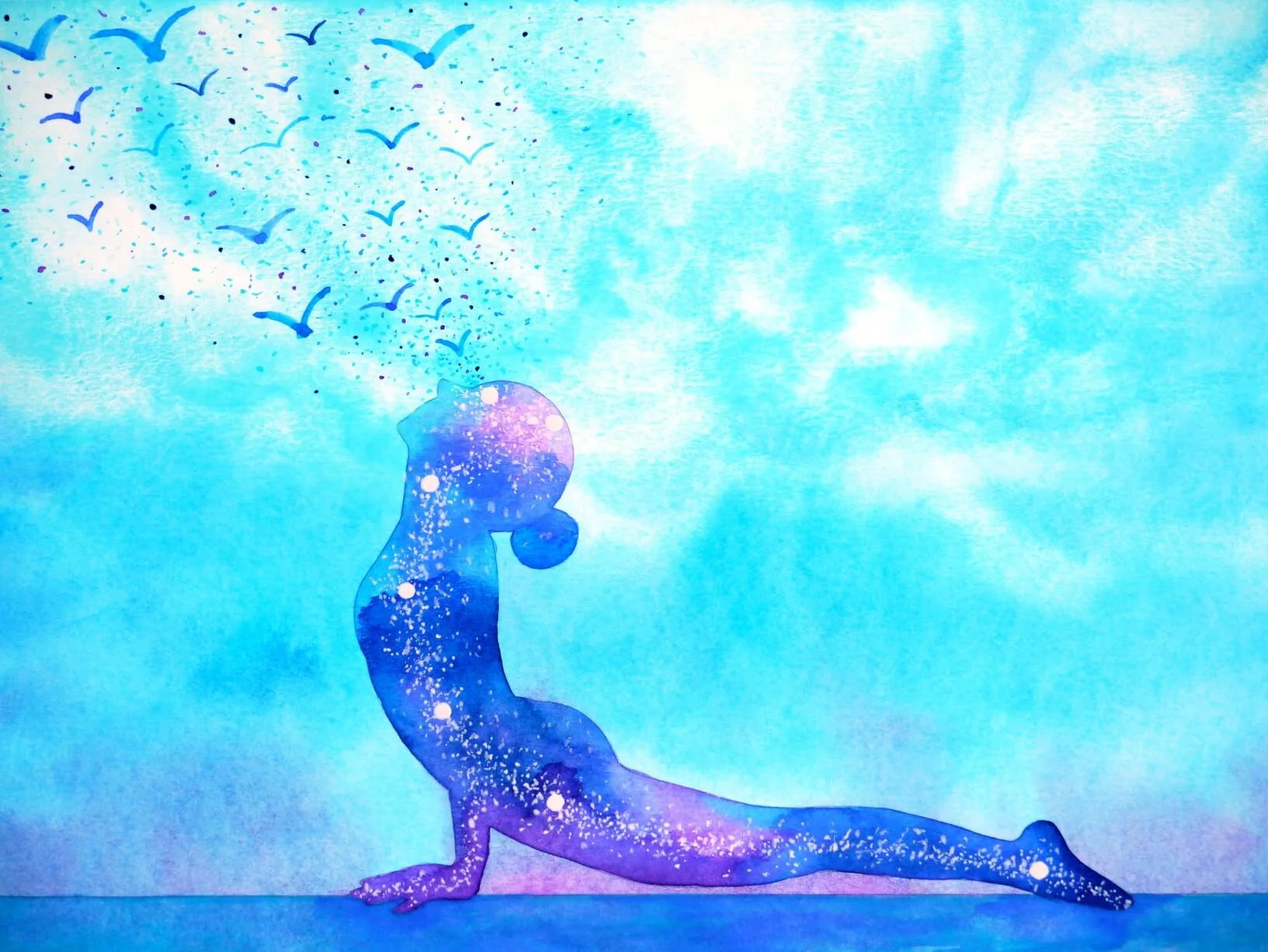If you have been betrayed, you know how much noise it makes in your head. This is because to be betrayed, we have to have been sold out or attacked by someone we trusted and considered a friend. Betrayal feels completely different than when we are attacked by enemies or competitors.
When a friend betrays us, the damage goes deeper than attacks by enemies. There are two reasons: one is that they are closer to us, inside our guard; the second is that when a friend betrays us, we have to doubt the part of us that trusted them in the first place. We come to doubt our whole relationship to the world. We may recover from the external damage that the betrayal does to our life. But the lasting damage, more difficult to heal, is that we turn against the part of us that trusted them. In other words, being betrayed can damage our ability to form friendships and to trust anyone in the future. Then, because we have to form alliances with someone, we become more open to being betrayed again in the future because our whole signaling system is out of calibration.
For meditators, this is important because healing the damage from betrayals is as painful as having porcupine quills or cactus needles pulled out of your leg. It's a series of ouch, ouch, ouch moments. And there is no Novocain for it because the type of healing that is needed is conscious healing. The last thing you ever want to think about again is your friend who betrayed you. The very thought of them is like a virus that crashes your computer. But when you feel safe and relaxed during meditation, their image will come up, the mini-movie will start playing, and you will be inside a debriefing session as your inner intel staff and your inner Sun Tzu sit around and work on the problem of how did you get there, what damage did you take, how were you deceived, how does your intelligence gathering and assessment system need to be revised, and what exact steps to take today to move toward a solution. And how to prevent a scenario such as this from happening in the future.
As part of recovering from betrayal, you have to learn to distinguish between different kinds of pain - the pain of the needles in your body, the pain of the infection around the needles, the pain of pulling the needles out, the pain of cleaning the wound, the pain of the scar tissue as it forms, the pain of working the scar tissue so it becomes more supple.
If you are in the process of healing from a betrayal, don't give up on yourself. You can heal, and you can be better than before. But ouch, the healing process hurts!











